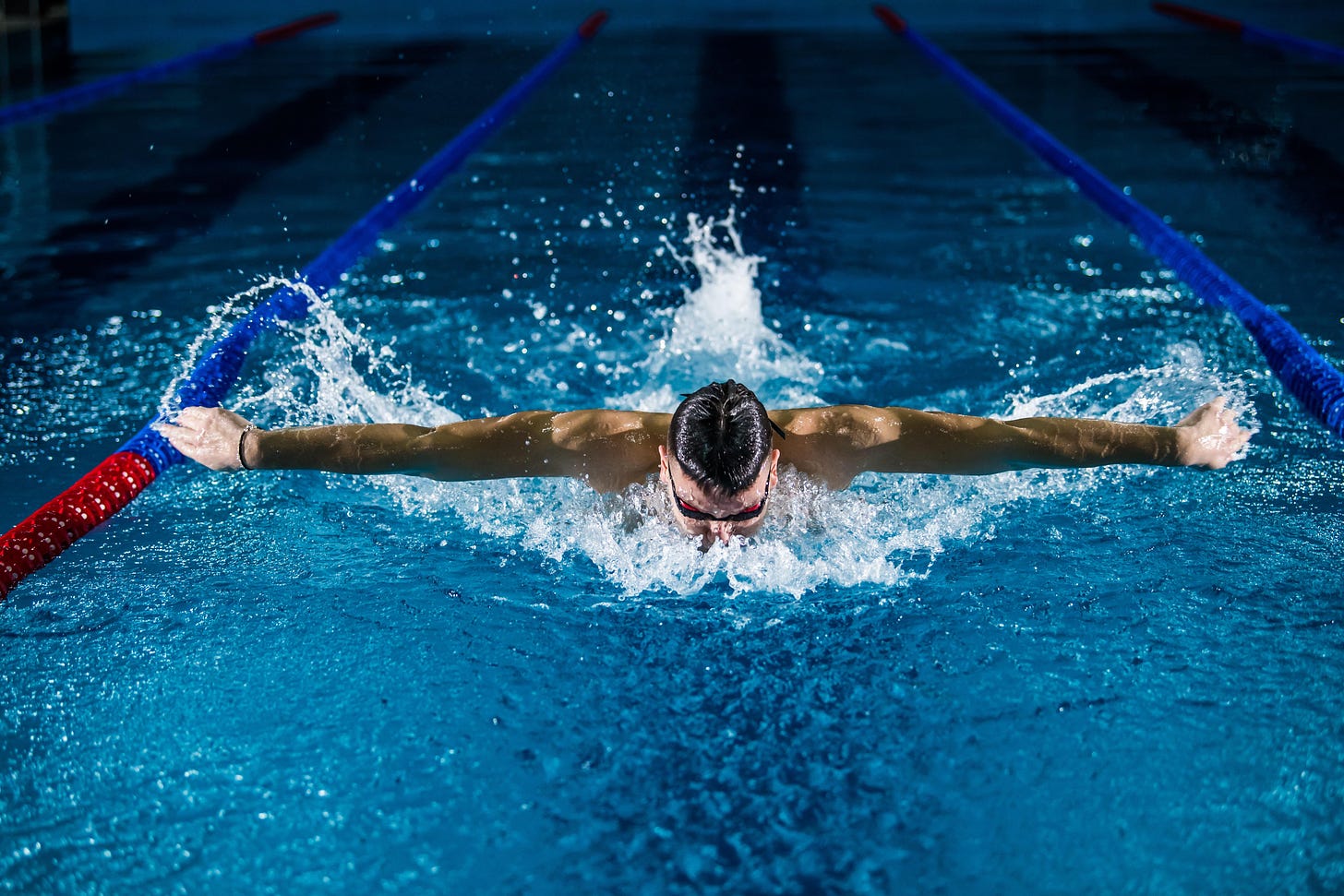Physiology Friday #113: Time of Day Affects Peak Athletic Performance
A study of multiple Olympic Games reveals that athletes' performances are highly dependent on the time of day, an effect likely due to circadian variations in physiology from morning to night.
Hello friends,
Happy Physiology Friday!
If you would like to support my writing, podcast, or any other work that I do, please consider becoming a paid subscriber at just $5 a month. This gets you access to occasional subscriber-only posts and a warm feeling in your heart (it’s science!)
Circadian rhythms are a topic…
Keep reading with a 7-day free trial
Subscribe to Physiologically Speaking to keep reading this post and get 7 days of free access to the full post archives.



